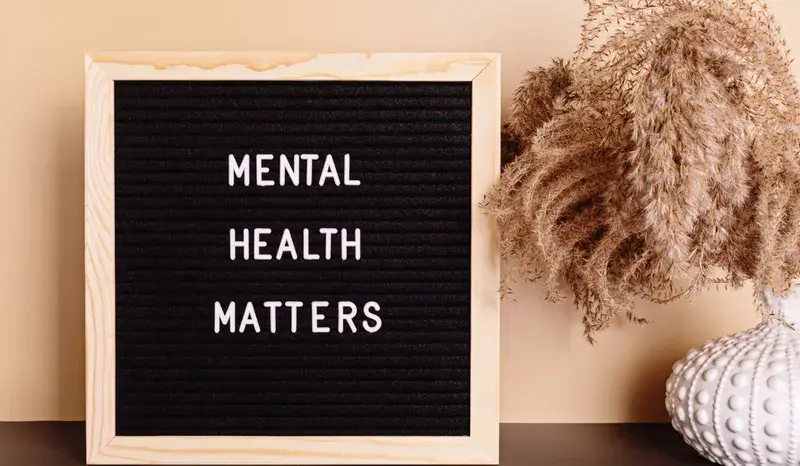Discover Self‑Care Hacks for Parents of Children with Autism

As a clinician who is deeply connected with the autism community, I see firsthand the dedication and resilience that parents of children on the autism spectrum display every day. Your role is invaluable, but it’s also one that requires immense emotional and physical energy. While every parent wants to give their best, this constant dedication can often lead to burnout or feelings of being overwhelmed.
One thing I’ve observed, time and again, is the importance of self-care — not just for your own well-being, but for the benefit of your child as well. When you take time to recharge, you can approach challenges with more patience, creativity, and resilience. You are your child’s greatest advocate and support system, but to be the best version of yourself, you must take care of your own needs, too.
Why Self-Care Matters for Autism Families
Parenting a child with autism comes with unique joys and challenges. From navigating therapy sessions to managing daily routines, it’s easy to put your needs last. However, when constant dedication and neglecting self-care, it can lead to burnout, stress, and fatigue, which can ultimately affect your ability to provide the level of care your child needs.
Simple Ways to Practice Self-Care
Self-care is about finding small moments in your day to refresh and focus on your mental, emotional, and physical health. Here are a few suggestions that may help:
-
Prioritize Small Breaks: Even short breaks throughout the day can make a difference. Whether it’s sitting in a quiet room for five minutes or stepping outside for fresh air, taking time to pause helps clear your mind and reset your energy. Even a few minutes of mindfulness each day can make a significant difference in how you manage the demands of parenting.
-
Build Your Support System: Surround yourself with friends, family, or support groups who understand your journey. Talking with other parents of children with autism can provide comfort and reassurance, and remind you that you are not alone. Sharing experiences and tips can lighten the emotional load.
-
Ask for Help When You Need It: Don’t hesitate to reach out for support. Whether it’s coordinating with therapists, using respite care, or asking family members for help, relying on your network allows you to have moments to yourself without feeling guilty. Taking a break is necessary to maintain your own health.
-
Do Something You Love: Engage in an activity that brings you joy or relaxation. Whether it’s reading, gardening, or exercising, nurturing your own hobbies will give you a mental break from caregiving and remind you that your happiness matters.
-
Celebrate Small Wins: Take time to acknowledge the little victories, whether it’s a new skill your child mastered or a peaceful family moment. Celebrating these successes, however small, helps build positivity and motivates you for the future.
Remember: You Deserve Care, Too
At the Arizona Institute for Autism, we understand that caring for a child with autism is a journey that requires balance. We believe that the well-being of autism parents is just as important as the therapies we provide to children. You are your child’s greatest advocate and most constant source of support. To continue being that pillar of strength, it’s essential to prioritize your health, happiness, and peace of mind.
We’re here to support, not only your child’s development, but also your journey as a parent during parent consultation sessions. If you ever feel overwhelmed, know that you’re not alone. Lean on your support network, practice self-care, and take it one day at a time.



